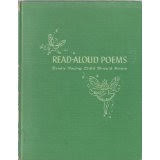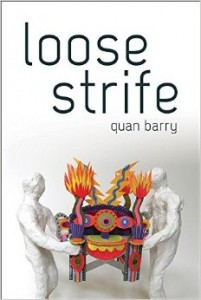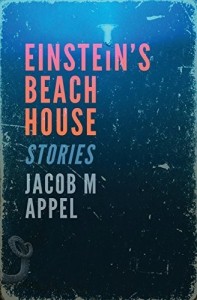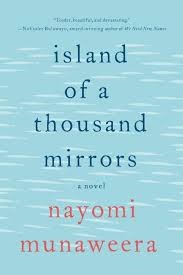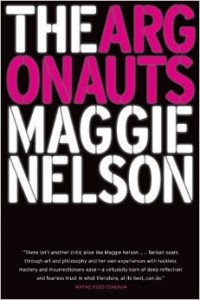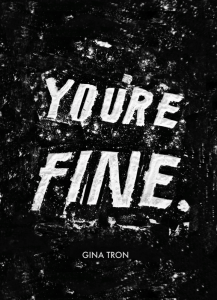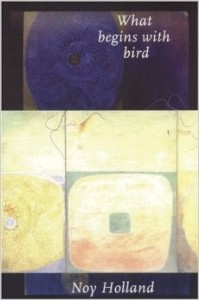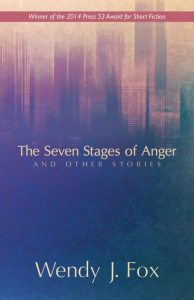30 pages, $10
Review by Anaïs Duplan
“apricot trees exist, apricot trees exist”
– Inger Christensen, Alphabet (1981)
It’s difficult to know how to begin to speak about Alina Gregorian’s Navigational Clouds. Each of the thirty poems is, in itself, both a diagram of waking life and a personified map of America. “Unlike the snowstorm in Arkansas, nothing seems wrong with my teeth. But the world is strange” (“Atlas”). Over the course of the collection, Gregorian acts as our cartographer, acutely illustrating what it means to search, perhaps desperately, for some direction, for some sense of purpose in largely uncharted territory. Fragmented, enigmatic and yet logical, Navigational Clouds demands that anyone who dares traverse its landscape learn the lay of the land. In other words, it would seem that the only way to talk about Gregorian’s chapbook would be to mimic the diagrammatic quality of the writing itself.
I. The Cartographer
Gregorian’s speakers are often distanced and aloof, but not for ignorance. Instead, her speakers embody some unnamable coordinate at the epicenter of wisdom, ennui, and skepticism. In “Everything is Happening,” the speaker states, “If everything is the way it could be, then nothing would get done around here.” This particular poem is important. If Navigational Clouds is an ongoing experience of ‘shared attention’ – the readers’ gaze is directed in whichever direction the cartographer chooses – then “Everything is Happening” is pivotal because it widens our focus from a singular incident or place to the global, the universal. A poem like “Untitled,” for example, feels much more microscopic: “You are a daisy pinned to my lapel,” and we spend much of Navigational Clouds reflecting on the minute, just as we do here. Continue reading
![[PANK]](https://pankmagazine.com/wp-content/themes/pank/assets/images/pank-logo-large.png)



